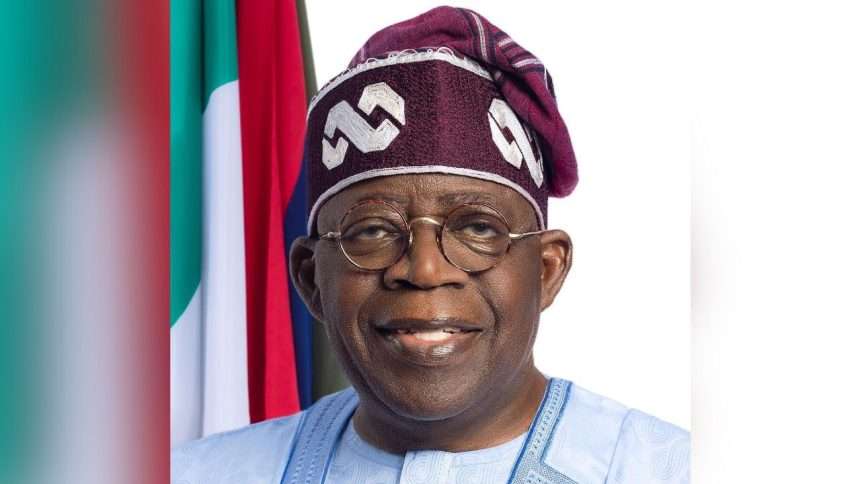The President Bola Tinubu administration has met its annual revenue target ahead of schedule, a feat achieved without borrowing any money.
This is according to President Tinubu himself.
He was speaking while hosting members of The Buhari Organization in Abuja, describing the development as proof that the economy is stabilizing under his leadership.
It’s a milestone the government will want to celebrate. Hitting you revenue target without borrowing one kobo. The government clains the achievement was largely driven by growth in the non-oil sector, as government revenue expanded despite global and domestic economic pressures.
President Tinubu maintained that the achievement reflects his administration’s commitment to fiscal discipline, job creation, and long-term economic growth.
Tinubu also said the exchange rate had stabilised after initial turbulence, noting that the naira had appreciated from over N1,900/$ to about N1,450/$ since he unified the foreign exchange windows last year.
In its 2025 Appropriation Act, the Federal Government projected a total revenue target of N18.32tn to fund a record N28.78tn budget.
But here’s the caveat: whilst it may be true that there’s been no domestic borrowing by the government this year; that is borrowing from domestic banks, Nigeria’s Senate did approved a $21 billion borrowing plan for the 2025–2026 fiscal period. This external borrowing is aimed at funding infrastructure and implementing the 2025 Appropriation Act.
As of March 31, 2025, Nigeria’s total public debt stood at ₦149.39 trillion, up from ₦121.67 trillion the previous year. Analysts project it could reach ₦160.6 trillion by year-end, especially if the government borrows an additional ₦9.3 trillion to cover fiscal gaps.
So while the government touts fiscal discipline and reduced reliance on domestic borrowing, external loans and rising debt levels remain part of the broader economic strategy.
This strategy reflects Nigeria’s push to stimulate growth while managing fiscal sustainability.
The President’s remarks also come at a time when many Nigerians are struggling under the weight of rising inflation, fuel subsidy removal, and heavey taxation . Since assuming office in May 2023, Tinubu’s economic reforms — while praised internationally for being bold — have triggered widespread hardship at home, with the cost of living reaching record highs.
MUST READ: President Tinubu arrives in Brazil for state visit, bilateral talks with his host
The President’s assertion of “no borrowing” from local banks has therefore raised questions on what difference it makes to avoid borrowing from local banks while still turning to international banks to finance projects and deficits pointing to recent borrowings by the current administration as evidence that government finances may not be as buoyant as claimed.
Analysts argue that while meeting revenue targets is significant, the real challenge lies in ensuring that those revenues translate into improved living conditions.








